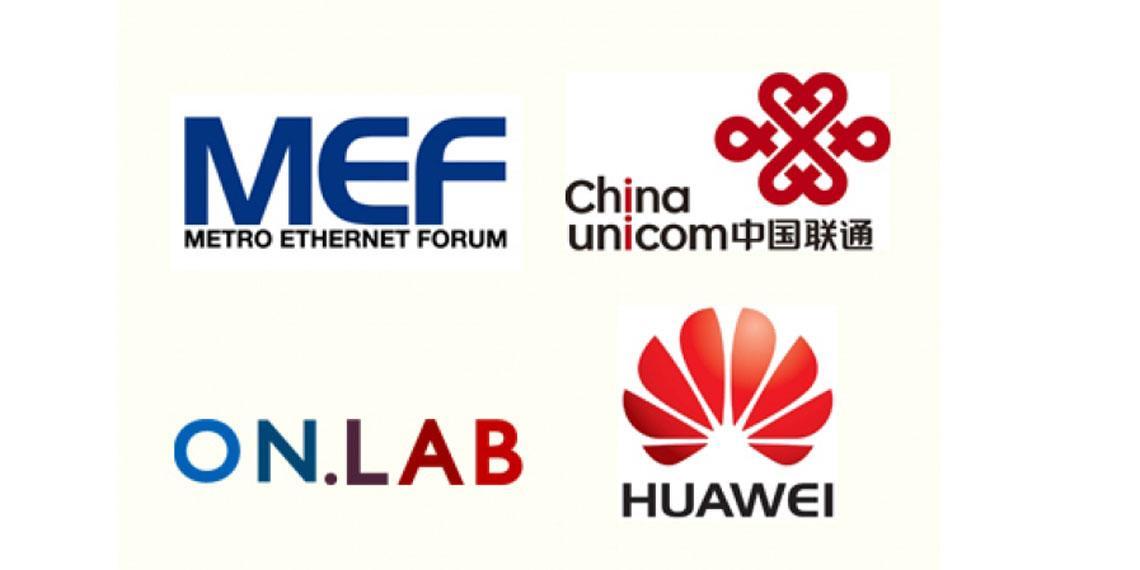The Metro Ethernet Forum (MEF), China Unicom, ON.Lab, and Huawei have signed a MoU to collaborate on using open source software to 'transform central offices and accelerate the industry transition to third network services.' They say they will develop proof of concept use cases that illustrate how operators can deliver agile, assured and orchestrated MEF-defined services by using open source software and open specification hardware.
MEF said: 'These use cases will serve as a stepping stone for deployable third network services that yield productivity-enhancing benefits for end customers. Combining open source solutions within a standardized framework and a real-world operator environment provides an opportunity to bring the economies of the data center (open source software with white box switches) and the agility of the cloud (rapid service creation) to the service provider community.'
ON.Lab and partners have been developing CORD as an open virtualized service delivery platform for redesigned central offices. Under the terms of the MoU, the CORD project will demonstrate support for MEF-defined services as well as virtualization of CPE and other network elements on Enterprise-CORD.
The MEF is providing the specification framework and the open implementation environment that allows for agile collaboration. MoU partners will reference carrier ethernet 2.0 services specifications and the new lifecycle service orchestration (LSO) reference architecture & framework - MEF 55. They also will collaborate within the context of two new MEF open initiatives: OpenCS (Open Connectivity Services) and OpenLSO.
OpenCS is a network ecosystem that enables SDN and NFV reference implementations of open source software and open spec hardware for MEF-defined services. OpenLSO is an orchestration ecosystem that enables a reference implementation of open source solutions and interfaces that adheres to the MEF LSO Reference Architecture.
China Unicom already has begun redesigning a number of its central offices as edge data centers with the goal of taking advantage of open source software and open specification hardware. On the technology side, the operator plans to introduce SDN controllers, NFV management, virtualized CPEs, an SDN-based IP access solution, and other changes. China Unicom's service plans include the introduction of an elastic VPN service with bandwidth-on-demand capabilities, leveraging technology solutions provided by Huawei.





